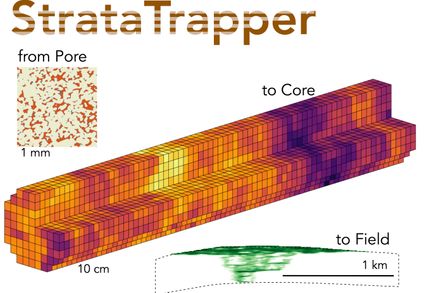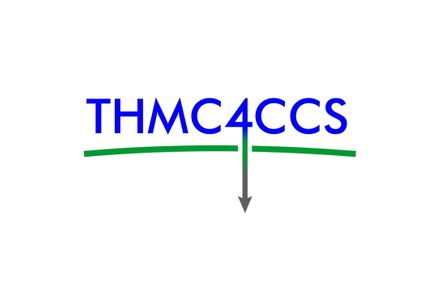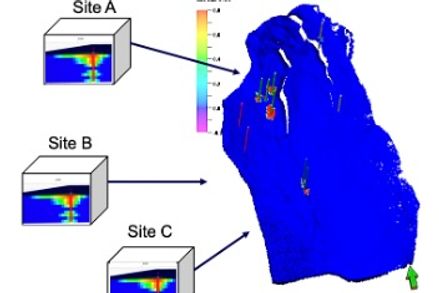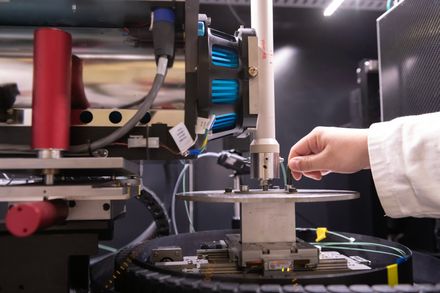BibTex format
@article{Kirby:2020:10.1016/j.colsurfa.2019.124375,
author = {Kirby, ME and Watson, JS and Najorka, J and Louvane, Kenney JP and Krevor, S and Weiss, DJ},
doi = {10.1016/j.colsurfa.2019.124375},
journal = {Colloids and Surfaces A: Physicochemical and Engineering Aspects},
pages = {1--11},
title = {Experimental study of pH effect on uranium (UVI) particle formation and transport through quartz sand in alkaline 0.1 M sodium chloride solutions},
url = {http://dx.doi.org/10.1016/j.colsurfa.2019.124375},
volume = {592},
year = {2020}
}





